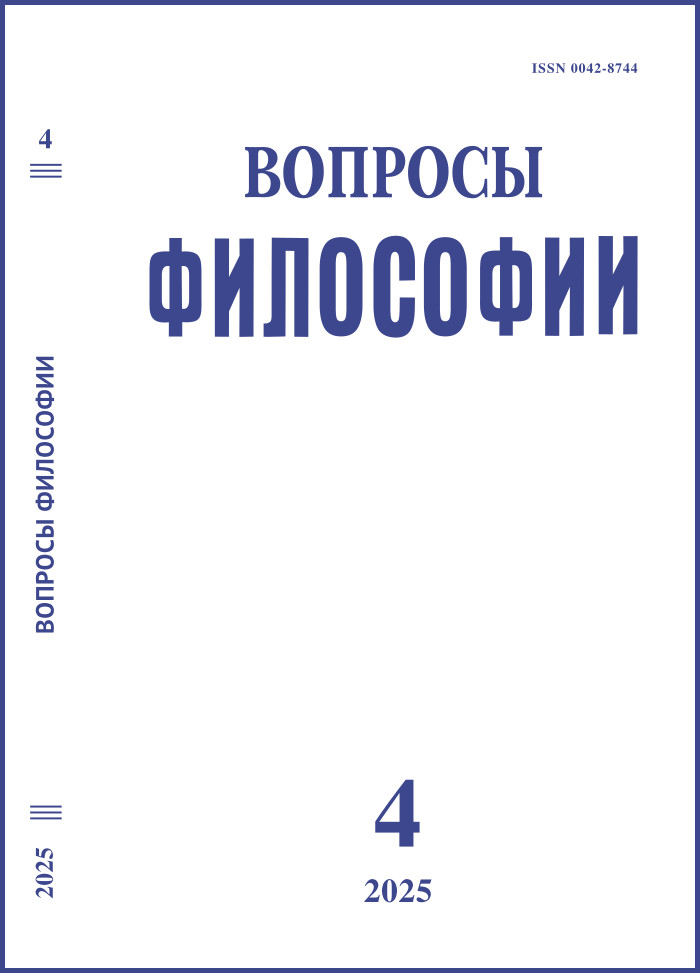The “Common Good” of the Classical Legal Tradition: Current Discourse and the Fate of the Concept in Worldviews (Antiquity and the Middle Ages)
DOI:
https://doi.org/10.21146/0042-8744-2025-4-5-16Keywords:
common good, public interest, human rights, justice, natural law, legal positivism, classical legal tradition, republican tradition, empire, political theology, conceptual history, worldviewsAbstract
The article deals with the history of the concept of the common good in the classical legal tradition, for the representatives of which law is as inseparably connected with the common good as with justice. As a philosophical and legal concept, the common good was a condition for the validity of positive law and the basis for the legitimacy of public authority; as a concept of positive law, it was part of the European Continental tradition of jus commune (common law) of the XII–XVIII centuries: it served as a marker of the public-law nature of social institutions and relations, and was proclaimed as the goal of all human laws. However, in modern philosophy of law and constitutional theory, the concept of the common good has been discredited, and rare attempts to rehabilitate it face aggressive criticism. The aim of the article is to trace the complex fate of the concept of the common good, to understand the reasons for the transformation of its meaning and to evaluate modern projects of its rehabilitation and the reasons for their failure. The aim of the study is to trace the complex fate of the concept of the common good, to understand the reasons for the transformation of its meaning and to evaluate modern projects of its rehabilitation and the reasons for their failure. In this article, the author records the current state of discussions about the common good, shows its changing meaning in the ancient and medieval worldviews and in the relationship with other concepts of these worldviews. The participation of the citizen in defining and preserving the common good provided by the political institutions of the ancient world excluded individualism as the basis for ethical action. It is shown how in the transcendental perspective of the Middle Ages the notion of the common good was inconsistently combined with the Christian idea of personal salvation. As a consequence of the Aristotelian turn, the separation and isolation of the common good of the two graces (terrena and Dei), which would later make possible the notion of a secular modern state, is noted.

